You have seen your baby make sounds also known as boos from time to time. These sounds often leave you wondering what baby is trying to communicate to you. Babies communicate not just by the sounds they make but also by the body languages which accompany them. Through this, they communicate attraction as well as disapproval as they grow.
When your baby gazes deep into your eyes, it often looks like he or she is trying to see your soul. Just as you enjoy looking into the eyes of the ones you love, your baby keeps good eye contact with you and makes a curl or smiles to show attraction to you. Babies also turn towards the very familiar personalities in their lives upon hearing their voices or perceiving their smell. This is because babies can identify people, places and things by smell and sound. So, now you understand why your son or daughter turns towards you or daddy the moment you enter the room.
Somewhere between 6 weeks and 3 months, baby will look at you and flash a full smile that’s guaranteed to make you feel very fantastic. This is known as a “social smile”. Preserve the joy by smiling back. When you smile at your baby, and your baby smiles back at you, you’re strengthening your relationship, smile by smile. Shortly after baby’s first social smile usually, sometime around 2 months, he or she will start trying to chat with you. Those fusses are often just wheezy vowel sounds that don’t sound much like words at all but if you make the same noises back to the baby, you two just might start a tête-à-tête. As baby interacts verbally with you and develops his or her speaking skills by listening to you and copying your words, it’s just another way of showing just how much he or she loves you.
Sometime between 9 months and one year, most babies begin to cry when they’re dropped off at daycare or left with a babysitter. This is called Separation anxiety. Do not worry at all because this is his or her way of showing just how special you are.
Do note that babies like adults also have different personalities. After all, babies grow into adult right? So, understanding your son or daughter’s reactions to things you do or do not do will help you communicate and connect better with him or her.


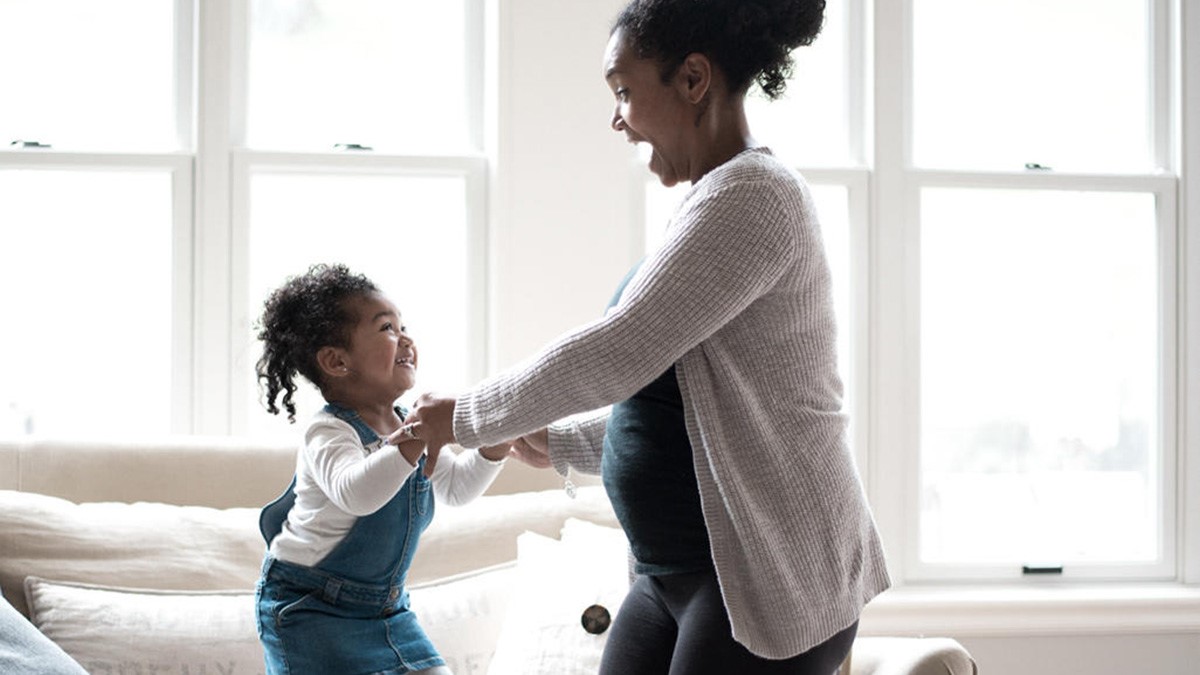
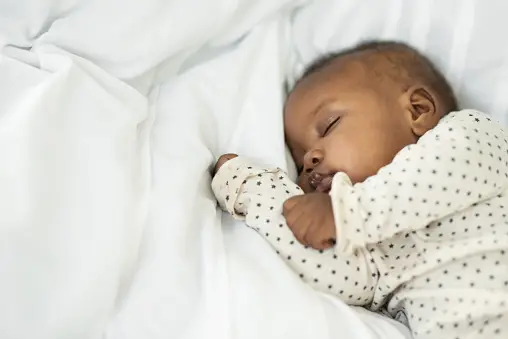


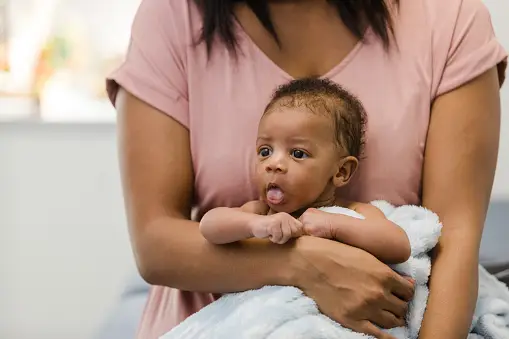
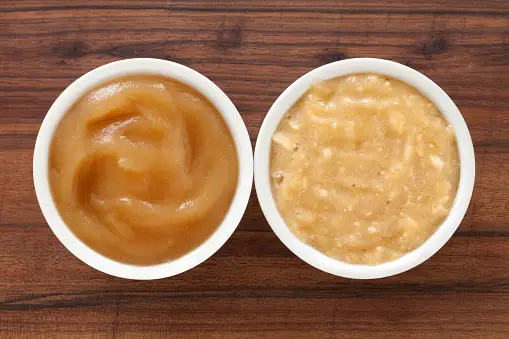

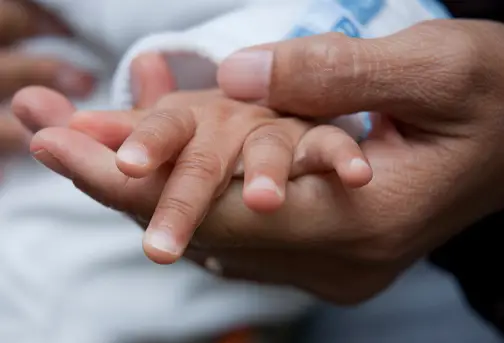
Comments